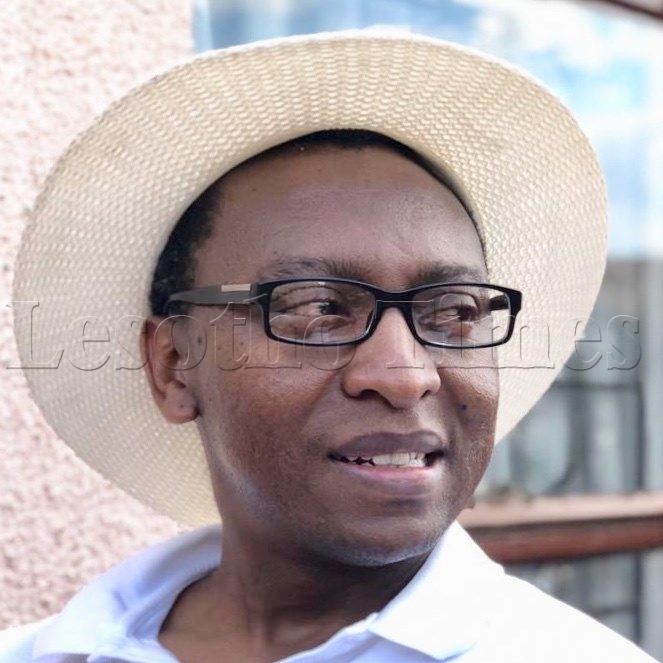’Marafaele Mohloboli
SOUTH Africa President Cyril Ramaphosa has ordered the safe return of Paul Nthoba, a South African journalist who has been holed in Lesotho after fleeing from his country last.
Mr Nthoba fled South Africa after he was allegedly assaulted by the police. Mr Nthoba, who edits a community newspaper, Mokohare News, crossed the border on 19 May 2020 days after the alleged police assaults for his coverage of lockdown enforcement operations.
Addressing the media on Sunday through a video conference, Mr Ramaphosa said the matter was already being investigated following calls for intervention by the South African National Editors Forum (SANEF) and he would direct the police ensure Nthoba’s safe return to South Africa.
“I’m unhappy to hear that there is another journalist who has had to flee the country and go into Lesotho for fear of either being arrested or fear of being dealt with,” Mr Ramaphosa said.
“I’m going to direct Police Minister Bheki Cele to make sure that he (journalist) has safe passage back into South Africa and that he should not be molested in anyway.”
He added: “I’m going to get the minister to make sure the journalist is not subjected to any form of threats or any form of harassment because, as you correctly said, he was just doing his work.”
The 47-year-old Nthoba, who resides in Ficksburg, had to illegally cross into Lesotho seeking protection from the United Nations. For now, he remains in a quarantine facility in Lesotho pending the investigation of the matter by the Independent Police Investigative Directorate (IPID).
Mr Nthoba told the Lesotho Times this week that he had no choice but to flee into hiding as the police officers who tortured him were still at work and making persistent threats regardless having reported this matter to the senior officers.
“I had no choice but to flee for my life as I feared that the police officers would continue harassing me,” Mr Nthoba said.
He said the harrasment started when one police officer questioned him why he was taking pictures of police officers. Despite explaining that he was a journalist, one of the senior officers allegedly instructed his subordinates to assault Mr Nthoba.
He was then apprehended by four of the officers and decided to record their conversation with his phone. The officers demanded his phone but he refused to hand it over upon which he was slapped by one of the officers.
“The rest of the officers then started beating me. They managed to get my phone but failed to unlock it. They gave it back and then ordered me to leave,” Mr Nthoba said.
Throughout the beatings, he asked what he had done wrong but the officers continued assaulting him.
His attempts to report the matter at the police station were fruitless as the officers, who were now back at the station, assaulted him again and confiscated his two mobile phones and locked up in a holding cell.
A friend of his later came looking for him but was ordered to bring a lawyer. The officers also tried to get him to sign a statement but he refused because it did not capture his side of the story.
“A lawyer later came and he told me that I was being charged for violating the Disaster Management Act. Soon after the lawyer’s departure, I was told that I would be released after four hours as per their procedure.
“I was later charged and released after four hours and given a medical form with which I went to the hospital where I was treated for injuries and trauma as I was shaking uncontrollably,” Mr Nthoba said.
He said he then decided to skip the country after learning that the police were monitoring his movements.
On Monday Mr Nthoba said the treatment that he was subjected to was inhumane.
“This should not happen to anyone irrespective of their profession, especially in a democratic country. South Africa professes to champion freedom of the press and expression… Freedom loving people from all over the world should condemn this travesty,” Mr Nthoba said.

